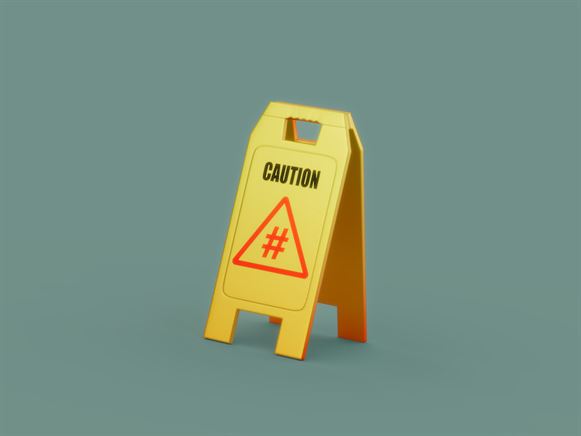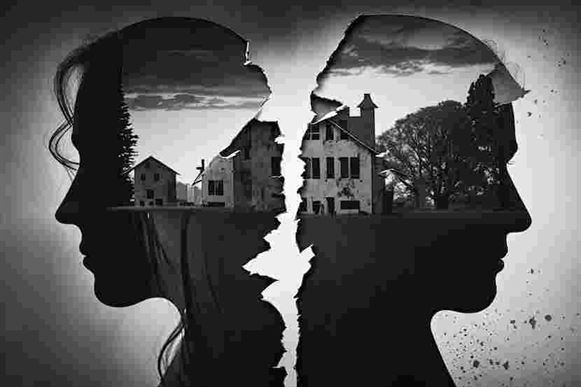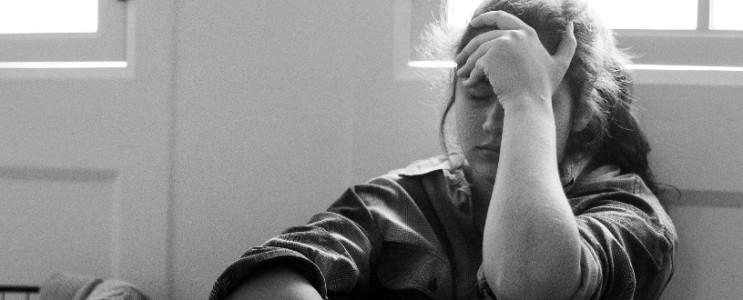
Taking the Time and Thought to Choose the Right Mental Health Practitioner

When it comes to finding someone to talk to about your mental health, it can be tricky to know where to start. One common question is what's the difference between a psychiatrist, psychologist, counselor and social worker? Each of these professionals has a different focus and approach which can be helpful to understand before making a decision about who you want to see. Here's a quick guide to the key differences amongst these mental health professionals:
1. Psychiatrists
They are medical doctors who have specialized in mental health. They can prescribe medication, as well as provide talk therapy. Psychiatrists generally have a more biomedical approach to mental health and may not spend as much time talking about your early childhood or family history as some other types of mental health practitioners. Psychiatrists typically are recommended for people with severe mental illnesses or for those who have not found relief from talk therapy alone.
2. Psychologists
They have received specialized training in psychological testing and assessment, which means they are experts in identifying different types of mental illnesses. They may also receive training in psychotherapy and are qualified to provide counseling services. Psychologists may spend more time exploring your thoughts, feelings and behaviors. They focus on helping you understand yourself better and to make positive changes. Psychologists can help you with a range of issues, including anxiety, depression, relationship difficulties and coping with stress.
3. Counselors
They have received specialized training in providing support and guidance to people who are dealing with various life challenges. Counseling is usually more short-term than therapy and focuses on helping you develop coping skills for issues you are facing. Counselors generally take a more practical approach to mental health and may spend more time working with you on developing action plans. They provide therapeutic services for a wide range of issues, such as anxiety, depression, grief, relationship difficulties and stress management.
4. Social Workers
They have received specialized training in social justice and advocacy. They are particularly well-equipped to help people who are struggling with systemic issues like racism, sexism, homophobia, violence and so on. Social workers also have experience with counseling and therapy and can provide support on an individual level as well. Social workers generally take a more systemic approach to mental health and may spend more time discussing power dynamics and social issues.
5 Tips for Choosing the Right Mental Health Professional
Now that you know the key differences between psychiatrists, psychologists, counselors and social workers, here are a few tips to help you choose the right mental health professional:
1. Focus on Your Needs
Do you need medication? Are you looking for someone to talk to about your childhood? Are you struggling with a specific life event? Knowing what you need will help you narrow down your search.
2. Ask for Recommendations
Talk to your family and friends or your primary care doctor, to see if they have any recommendations. Word of mouth can be a great way to find a qualified mental health professional
3. Do Your Research
Once you have a few names, look them up online and read their bios to get a sense of their experience and approach. Research can only tell you so much, but it can be helpful in getting a feel for someone before you meet them.
4. Make Sure They are Qualified
All mental health professionals should have specialized training and credentials. You can usually find this information on their website or by asking them directly.
5. Trust Your Gut
When you are meeting with a potential mental health professional, pay attention to how you feel. Do you feel comfortable talking to them? Do they seem like they understand your needs? If not, don't be afraid to keep looking.
Choosing a mental health professional is a very personal decision. There's no one right answer and what works for one person may not work for another. Psychiatrists, psychologists, counselors and social workers all play vital roles in supporting mental health. When deciding which type of clinician is right for you, it's important to consider what type of approach you are looking for and what type of issue you are wanting to address. Talk to your doctor or do some research online to find a clinician who specializes in the areas you are struggling with.
Articles
Build your awareness and get inspired with our researched articles on how you can strengthen your well-being
Popular Topics
An OTP has been sent to the email address
provided.
Please check your Inbox and Spam folders.

What Would You Like to Speak with a Specialist About?
Mental Fitness Journey starts Now!
Chearful Connects you with Top-tier Qualified Wellness specialists for the Price of a cup of Coffee!

Next Steps
- A Client Team member will reach out to you to schedule a session with the most suitable specialist.
- You will receive an email with a 10% Discount Code* for your 1st session.
- We invite you to Explore the Platform & Sign Up today! *Upto a maximum of $10 discount on a session purchased




 3206 Read
3206 Read



.jpg)







.png)

.jpg)

.jpg)




.jpg)
































.jpg)

.jpg)


































